The Alterman Brothers Model Family Legacy
Out of Zaydah Louis’ Cash and Carry grew a hegemony of food entrepreneurs for generations.
After 37 years with the Atlanta Journal-Constitution and now with the AJT, , Jaffe’s focus is lifestyle, art, dining, fashion, and community events with emphasis on Jewish movers and shakers.
Third generation Richard, Steve and Bruce Alterman share endearing stories and business gems about growing up in the family food empire of Big Apple and Food Giant, which dominated the Atlanta market for many decades. As a carefully well-oiled flow chart, cousins and siblings had each others’ backs with healthy competition and best business practices. All agree that jumping into the car with a dad or an uncle to survey the stores was the most fun and productive experience in which they learned how to treat employees from brothers Izzy, Sam, George, Dave and Max.
“When we came of age, it was all about putting the right peg in the right hole,” Steve said.
Humble Beginnings
Zaydah Louis Alterman ran the Cash and Carry on Decatur Street in 1923. His wife died in childbirth. Bruce lamented, “After that was an arranged marriage, not unusual at the time. A woman was picked and sent down from New York City to manage what must have been an impossible situation: Eight children running from 18 to 3 and a new baby. They were so poor, the new baby had to be given to a neighbor. When I say ‘poor’: padlock on the refrigerator door, three brothers in the same bed on an unheated porch. My dad Max’s first birthday cake was at 16. These brothers didn’t go to college.”
Steve lovingly recalled Louis’ dedication to Congregation Shearith Israel. “Daily one brother was assigned to pick up Zaydah and Rabbi [Tobias] Geffen to drive to shul. Sometimes all five brothers showed up and waved the others on, so it was covered.”
Business Lessons Learned
Stories of learning from the five brothers are legend in that generation of a self-made, hard-working and charismatic, intricately intertwined family business.
Richard laughs at being the “low man on the totem pole” when he was assigned grass mowing on the embankment at the warehouse. He recalled, “At the facility on Lee Street there was a freezer area, dry groceries and 60 trucks.”
Steve added, “I unloaded boxes for $3 an hour! Every summer we kids were required to work. Cousins came up from Miami to join in.” Steve went on to the University of Pennsylvania and wanted to proceed to law school. “Dad had a fit. It was only the family business for me.”
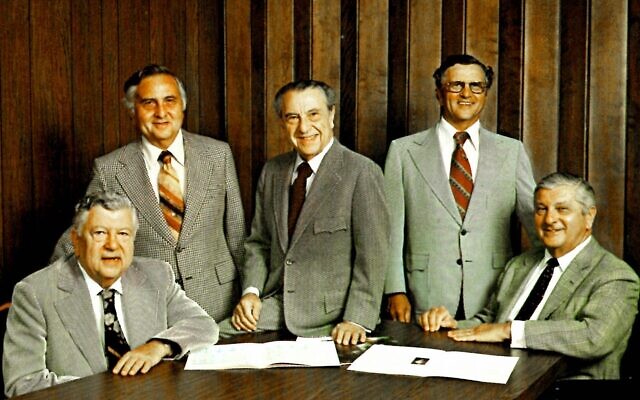
In 1969 he filled the available spot at the distribution center. He elaborated, “The new warehouse on Selig Drive was 650,000 square feet, and plans called for an engineer. They said, ‘Congratulations, you’re the engineer.’ Three years later we were up and running. We were relied upon to figure things out. One [time at] midnight Max called, ‘There’s a problem.’ I ditched my date and jumped into the car to find a devastated-looking movie set where lightening hit a transformer. Max said, ‘Call me when you figure it out.’ That’s how we learned about life.” Steve went on to be the director of warehouse systems, data processing and labor negotiations.
Bruce remembered riding to stores on weekends as a 10-year-old with Dad, … working in the warehouse starting at 10 a.m. stamping cigarettes, loading trucks and unloading box cars.
“I never considered doing anything else. When my college friends were going to career days, I was going into my family grocery business. I look back on it as a privilege to be part of something so unique.”
Richard said that Dave knew that computers were the wave of the future and converted inventory onto one of first IBMs. Then Sam was believed the first person to be on the cover of the Atlanta Business Chronicle, “Mr. Sam, Successful Operator” when “we hit 100 stores,” Richard said. He became assistant to Sam in charge of store layout, planning, real estate and fixtures.
Family Business Politics
Bruce recalled, “Family was close. I was the youngest son of the youngest brother. I remember backyard barbeques at Uncle George and Aunt Rosalie’s. In addition to running the stores, my dad was the candy buyer. There was always a cabinet full of “samples” at my house, and boy did my friends know where I lived!
“Family was the default that allowed for the conflicts that had a part of a rapidly growing family business. It never had to be said.”
Steve concurred, “Everyone looked out for each other. Problems remained silent to the public and were resolved behind the scenes. If four brothers agreed and voted on something, they ALMOST won – except if Izzy was against it.”
Selling the Business
In 1980 the business was sold to Belgian firm Delhaiz while Kroger was setting up in Atlanta. There was also A&P, Colonial, Big Star. Richard stated, “After they took it over, it was the survival of the fittest; they couldn’t compete, and it went the way of all poorly managed companies.”
Bruce said, “At the time the business was sold, we had 101 stores in three states. Incidentally, our store at Highland Avenue had a heavy concentration of Jews. The one in Opelika? Not so much.”
Steve stayed four years after the sell-out as director of store operations. He went on to co-own Rio Bravo with Ray Schoenbaum before the Horseradish Grill, which just sold last year.
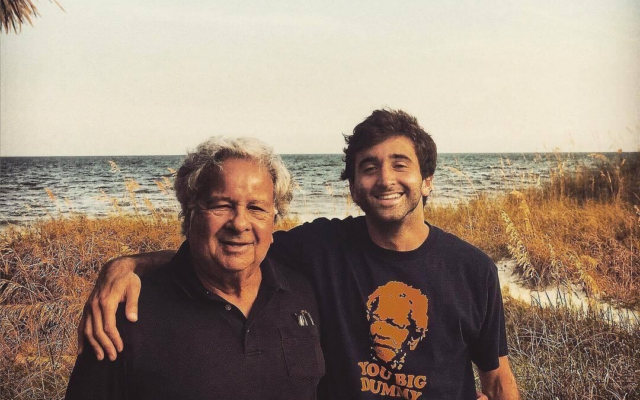
Steve served as president of Congregation Beth Tefillah. Bruce with wife Sally operated The Brickery Grill & Bar in Sandy Springs from 1992 until 2015. He relayed that being head of produce gave him an appreciation for running a successful restaurant and understanding where the food came from.
Richard went on to produce the most “famous” Alterman, jazz pianist Joe, director of the Atlanta Jewish Music Festival.



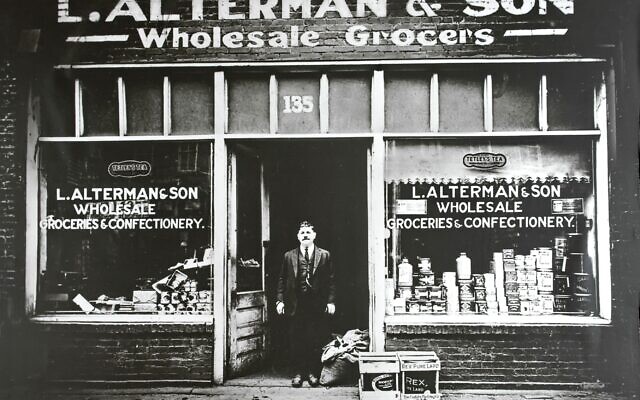
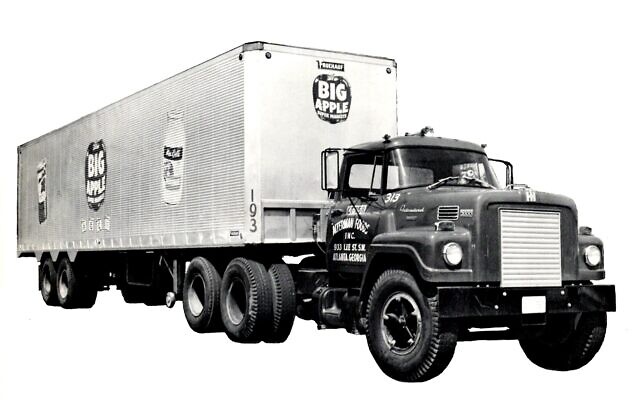
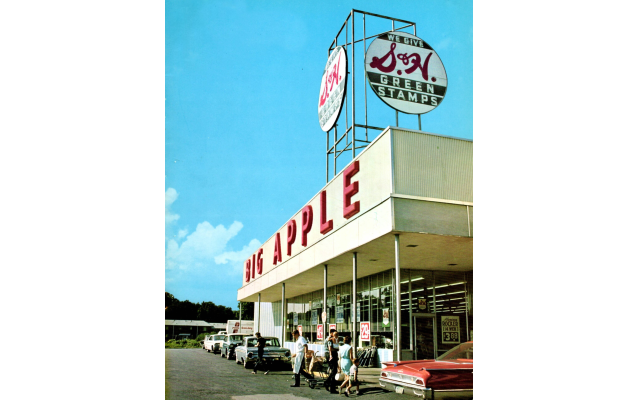
comments